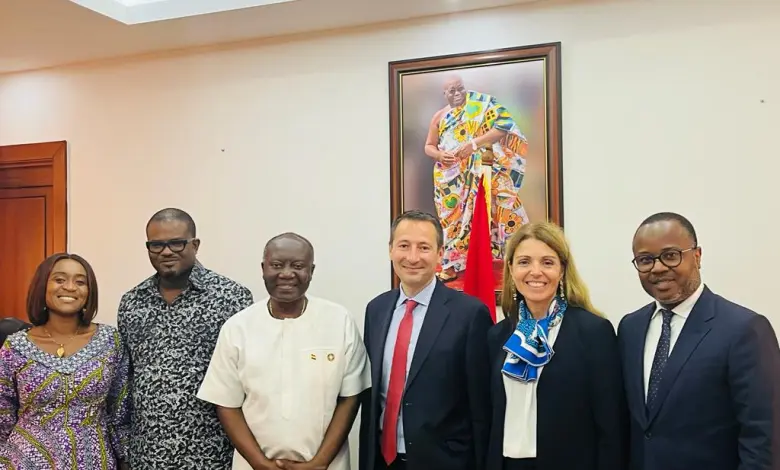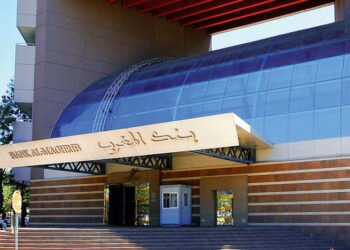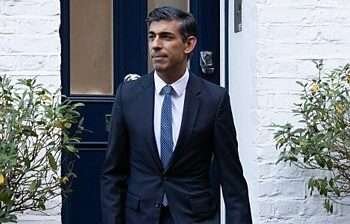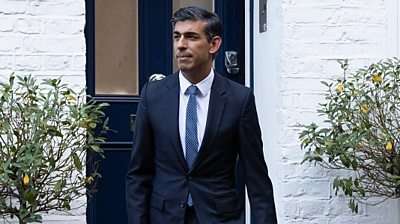An International Monetary Fund (IMF) staff team, led by Stéphane Roudet, has concluded its visit to Ghana from September 26-October 7, 2022 as it continues discussions on policies that could be supported by an IMF arrangement.
The IMF staff met with H.E. President Akufo Addo, H.E. Vice President Bawumia, Finance Minister Ofori-Atta, and Bank of Ghana Governor Addison, and their teams. The IMF team also met with the Parliament’s Finance Committee, as well as representatives from various government agencies, the Trades Union Congress, the private sector, civil society organizations, and development partners.
A statement issued by Mr. Roudet after the conclusion of the visit, noted that “An IMF team visited Accra to continue discussions on possible financial support for the authorities’ post-covid program for economic growth”.
“We had constructive discussions on policies aimed at restoring macroeconomic stability and laying the foundation for stronger and more inclusive growth.
“Key areas of focus included ensuring public finance sustainability while protecting the vulnerable, bolstering the credibility of monetary and exchange rate policies to reduce inflation and rebuild external buffers, preserving financial sector stability, and steps to encourage private investment and growth, including by improving governance, transparency, and public sector efficiency.”
Stéphane Roudet
The IMF team now heads to its Headquarters to do further technical assessment with a key focus on debt sustainability.
“The team will return to Washington, D.C. to advance its technical work. This includes making further progress on assessing Ghana’s debt sustainability. The discussions with the authorities will also continue in the weeks ahead, including during the upcoming Annual Meetings that will be convened at IMF headquarters.”
Stéphane Roudet
Mr. Roudet further reaffirmed the Fund’s commitment to support Ghana in these challenging times, consistent with the IMF’s policies.
“Staff express their gratitude to the authorities, private sector, civil society, development partners and other stakeholders in Ghana for their constructive engagement and support during this mission.”
Stéphane Roudet
Post Covid-19 economic programme
In an earlier statement, The Ministry of Finance noted that a key prerequisite for an IMF programme is confirmation that Ghana’s debt is on a sustainable path which will require a comprehensive Debt Sustainability Analysis (DSA), which is currently ongoing.
Hence, the Ministry of Finance disclosed that Government of Ghana is putting together a comprehensive post Covid-19 economic programme which will form the basis for the IMF negotiations. The programme seeks to establish a macro-fiscal path that ensures debt sustainability and macroeconomic stability underpinned by key structural reforms and social protection.
“Government remains committed, and shall continue to actively engage all stakeholders, both public and private, in a clear and transparent manner as we seek to fast-track this process.”
Ministry of Finance
Despite the challenges, economic growth in Ghana was strong in the second quarter. The latest data released by the Ghana Statistical Service estimated real GDP growth for the second quarter of 2022 at 4.8 percent, compared with 4.2 percent recorded in the second quarter of 2021.
Non-oil GDP grew slower at 6.2 percent against 6.6 percent growth in the same comparative period. The relatively strong growth recorded in the second quarter was largely driven by the service and industry sectors, the latter bolstered by the manufacturing sub-sector.
READ ALSO: CSIR-CRI Outdoors New Technology to Boost Food Security and Crop Value Chain




















